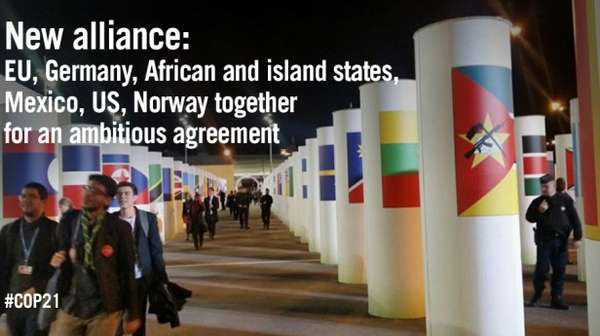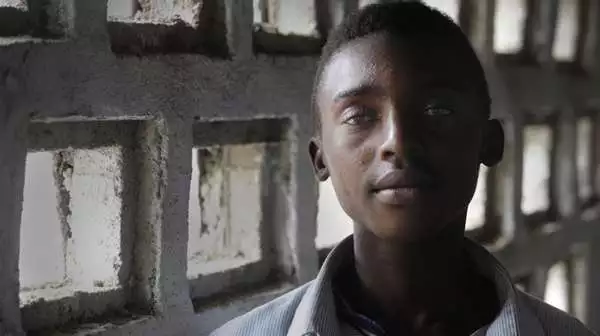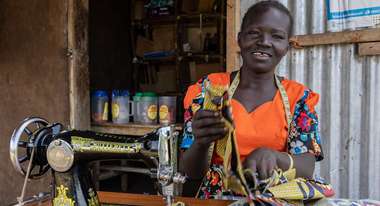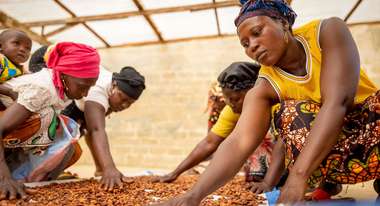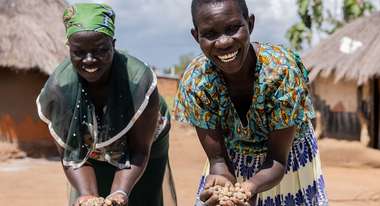Why we must make climate protection and climate goals obligatory now!
Climate change and its consequences
What will happen if we continue like this? Learn more about the background of climate change and the consequences regarding nutrition and hunger.
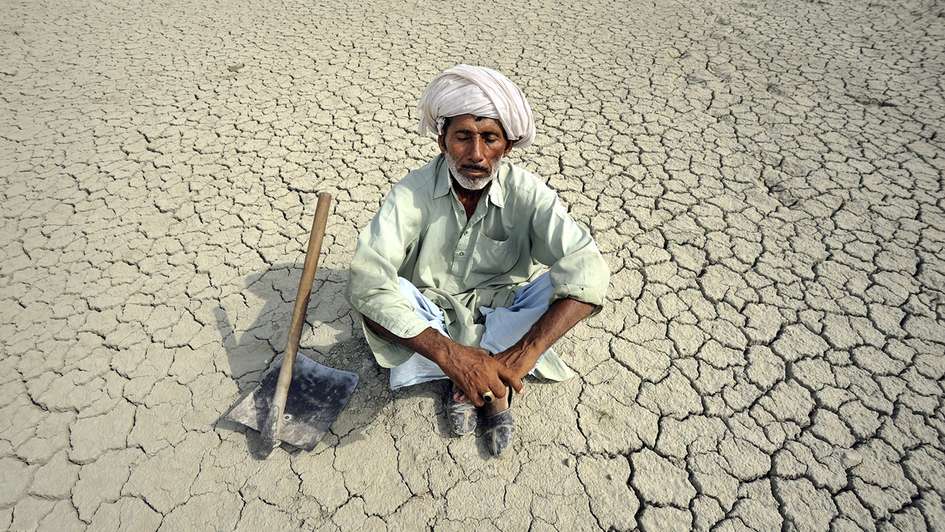
Climate change is advancing relentlessly. In the past 30 years, weather-related disasters have occurred three times as frequently as before. The consequences are particularly devastating for people in developing countries, because they not only lose their possessions but, most of the time, their food situation also worsens too.
Climate change is already here: Scientists estimate that 2015 will be the warmest year on record - and this is just the beginning. With the help of computer simulations, the effects of global warming on the climate can already be assessed. The current global warming of 0.8°C in average temperatures is expected to rise by 4°C or more by 2100 - with fatal consequences. For comparison: That would correspond to the temperature difference between the last ice age and today.
The climate is changing as a result of the human-made greenhouse effect: Despite a variety of measures for climate protection, the CO₂ emissions are not declining. The earth warms up due to the higher concentration of greenhouse gases, which leads to more water vapour in the atmosphere. This brings further climate consequences with it: heavy rains and stronger extreme weather events.
But there are big regional differences: The rain falls primarily in high geographical latitudes and parts of the tropics, while the subtropics suffer more aridity. The gap between humid and dry climates on the planet becomes larger, ecological systems are thrown out of equilibrium.
Precipitation and rising sea levels
The first consequences of climate change are being experienced now:
- The snow and ice volumes at the poles and glaciers are decreasing;
- the level of the oceans is rising;
- there are more heatwaves and periods of drought
- as well as heavy rain and floods, due to hurricanes or typhoons.
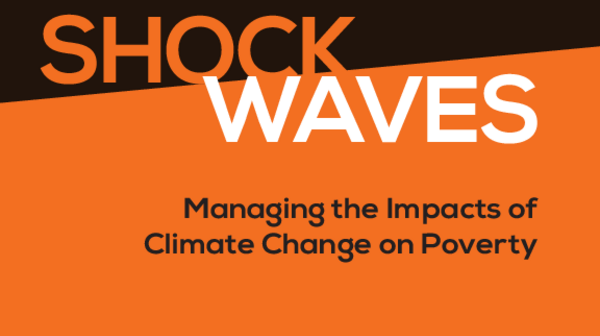
This report explores how the goal of ending poverty and reducing the impact of climate change can be more easily achieved if considered together.
These changes have been observed since 1950 and are occurring increasingly frequently. What will happen if the effects of climatic change continue to increase? Who will they affect? How will life change - ours and that of people living in the poorest countries of the world?
- Heatwaves, storms, droughts and forest fires: In May 2015, more than 2,200 people died in India during a ten-day heatwave with temperatures of 45°C. Climate-related disasters such as typhoons, hurricanes and storms claim human lives and cause immeasurable damage. In 2012, Hurricane Sandy brought a 2.7m high tidal wave into the heart of New York; the accompanying heavy rains wreaked serious crop damage in Haiti and Cuba and destroyed thousands of hectares of agricultural land. Researchers are warning of a super El Niño this year.
- Plant world and harvests: Smaller harvests due to droughts and pest infestation lead to hunger and higher food prices. The cultivation areas for maize, potatoes, rice and wheat will shift in the future, the nutritional value of the food will potentially sink.
- Oceans and their eco-systems: Higher precipitation and melting of the sea ice changes the salt content of the water - more carbon dioxide acidifies the seas; corals and other sea animals die. Our freshwater and, thus, our drinking water resources are also affected. The coasts will be threatened by storm surges and need additional protection; island states lose more and more land mass.
Climate consequences affect people in developing countries particularly badly
In some parts of Asia and Africa, droughts have already increased in frequency and intensity over the last decades. Why poor countries are so susceptible to the consequences of global warming is explained fundamentally by their geographical location, in addition, by their vulnerability and limited possibilities for adaptation. 90 per cent of all people who were killed between 1970 and 2008 as a result of extreme weather lived in a developing country. They are much more susceptible to freak weather than we are, there is barely any protection and if rescue work takes place at all, it usually takes place very slowly.
Many developing countries are strongly influenced by agriculture. Climatic changes have a direct impact on the availability of natural resources, the agricultural productivity and the quality of the food.
Climate refugees: Flight from hunger
The particular vulnerability of people who already live in poverty arises from the fact that their income, their livelihood, is directly dependent on agriculture, and that they are lacking the financial resources, know-how and structures to adapt to climate change. Scientists are expecting these serious climate change consequences in many developing countries:
- Fresh water resources will dwindle.
- Food production will decline.
- Dry seasons, famines and droughts will intensify.
- The consequence will be increasing migration caused by environmental factors.
Many people will leave their homes, as the consequences of climate change make life there impossible for them. There will be an increase in climate refugees across the world.
Our projects
- Fighting against climate damage in Haiti
- Sustainable farming - a reliable way to save Madagascar?
- Climate Change Conference in Paris
Change something now and leave behind a healthier earth!
Adapting to climate change and its consequences - people in developing countries are barely prepared for it. Even if global warming does not exceed the two-degree limit, this will mean the loss of agricultural areas and coastal settlements. If the 4°C mark is actually hit by 2100, the damage will rise exponentially: So-called "tipping elements" in the great earth system, like the polar ice sheets or the northern Amazon rainforest, are at risk of being shifted into a new state. The situation of people in poor countries will be visibly worsened.
Besides the measures for climate protection that each individual can take, Welthungerhilfe is working in its projects, for example, on sustainable cultivation methods, providing for people who are already suffering from climate consequences and campaigning for global climate protection. It is time to change something - quickly and courageously.





